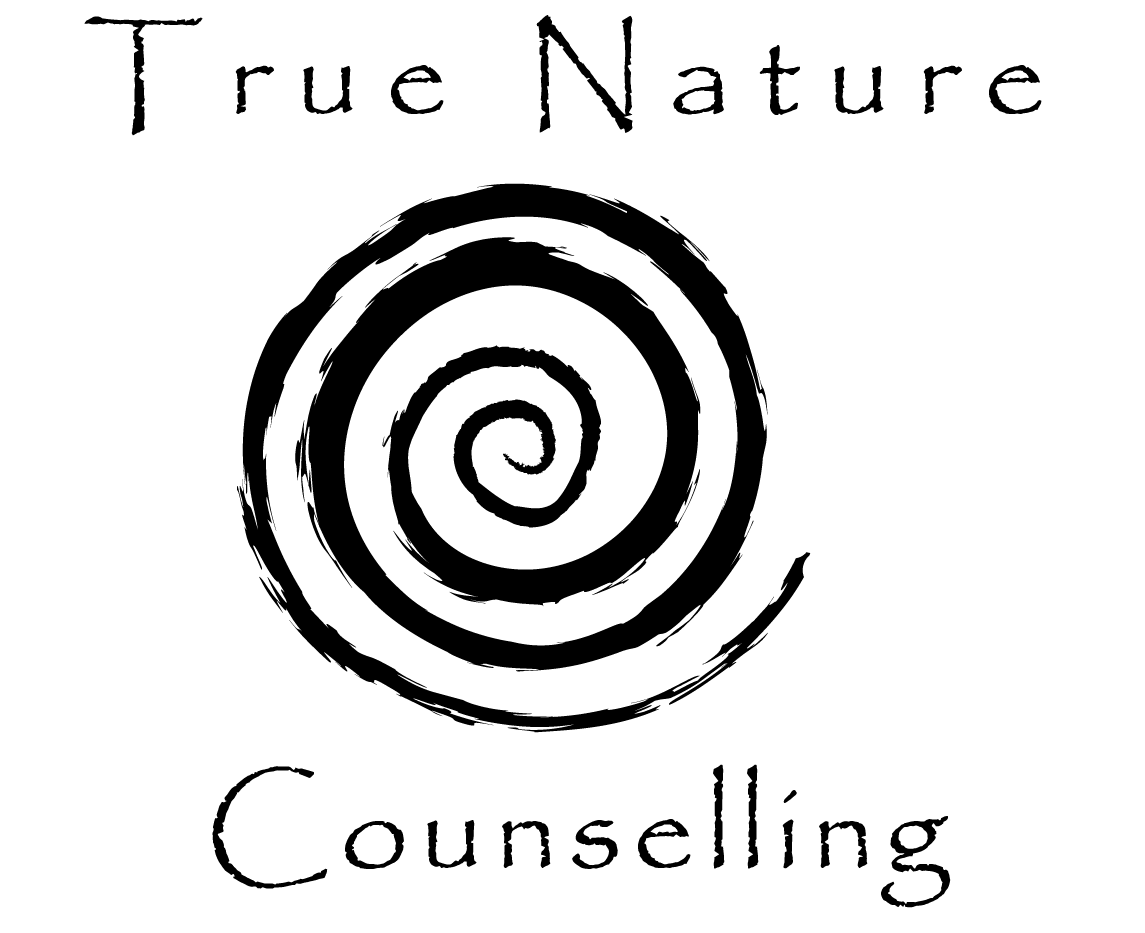
Trauma PTSD/CPTSD
Trauma Therapy in Victoria
What Is Trauma?
Trauma is the lasting response after living through singular or repeated distressing events. Trauma may begin as acute stress from a perceived life-threat or as a result of cumulative stress. Both types of stress can seriously impair a person’s ability to function with resilience and ease, and live in the here-and-now.
Trauma may result from a wide variety of stressors such as accidents, invasive medical procedures, sexual or physical assault, emotional abuse, neglect, war, racial discrimination, oppression, natural disasters, loss, birth trauma, or the ongoing stressors of fear, conflict, and chronic shaming.
“Trauma is not what happens to us. But what we hold inside in the absence of an empathetic witness.”
— Peter A Levine, PhD
When we’ve experienced trauma we might try to escape reality with substance use, addictive or unhealthy relationships, and overall find it incredibly painful to be ourselves, often resulting in a deep sense of pain.
My Approach To Trauma Therapy
My role is to gently guide you to develop increasing tolerance for difficult bodily sensations and suppressed emotions, building your capacity for resilience.
Our work together will address symptoms of hyper-arousal, shutdown, and disregulation, and support you in learning new tools to regulate your nervous system.
My approach includes a body centred approach to dealing with the problematic (and oftentimes physical) symptoms of trauma.
Developing mindful awareness of body sensations while processing trauma can support you to create new experiences in your body, so that you don’t feel lost in the pain, tension and overwhelming helplessness.
Is Trauma Therapy Right For Me?
You may be wondering what type of counselling is ‘right’ for you, and if trauma therapy is something you should be looking into. Here are some of the common signs that trauma therapy may be able to benefit you:
Having strong negative feelings such as fear, horror, anger or shame
Trauma reduces our capacity to tolerate painful feelings and emotions. The result of repeated distressing emotional arousal after a traumatic incident could also include having strong negative beliefs about yourself, other people or the world. Thoughts such as; I am bad, there is something wrong with me, no one can be trusted, the world is a dangerous place.
Irritable behaviour, angry outbursts, or acting aggressively
This could include being super alert, or watchful or on guard, feeling jumpy or easily startled, or having difficulty concentrating. This might also include taking too many risks or doing things that could cause you harm.
Trouble experiencing positive feelings
Strong negative emotions as a result of trauma can lead to avoidance, dissociation and social withdrawal. This could include being unable to feel happiness or having loving feelings for people close to you. You might also feel distant or cut off from people.
Avoiding memories, thoughts or feelings related to a distressing experience
This could include having strong physical reactions when something reminds you of the stressful experience, for example; heart pounding, trouble breathing, sweating, etc. It may also include feeling very upset when something reminded you of the traumatic experience, and having a feeling as if the stressful experience were happening again (as if you were actually back there reliving it).
Loss of interest in activities that you used to enjoy
You may find that what you were once passionate about and interested in no longer gives you a feeling of fulfillment and contentment. This can feel very confusing and isolating, and result in a lack of purpose and meaning in life.
Discover How Trauma Counselling Can Help
If you’re interested in exploring further how trauma therapy can help you regain control of your life, please reach out to me today. I offer a complimentary 20 minute consultation in which we can speak openly and honestly about the concerns you’re having, and begin to take the steps together to process, integrate and heal.
Rates
I offer a free 15 minute consultation over the phone to new clients who are interested in counselling.
60 min session - $140
Insurance Coverage
Many extended medical programs will cover a portion of your visit to an RSW (Registered Social Worker). My registration number is #14073 I am not able to bill directly, but I will always provide you with a receipt after each session showing your payment.
Office Location
In person counselling is available on Thursday mornings and Friday afternoons at my office on Cedar Hill Rd and Finlayson.
Online counselling is available via secure encrypted platform.






